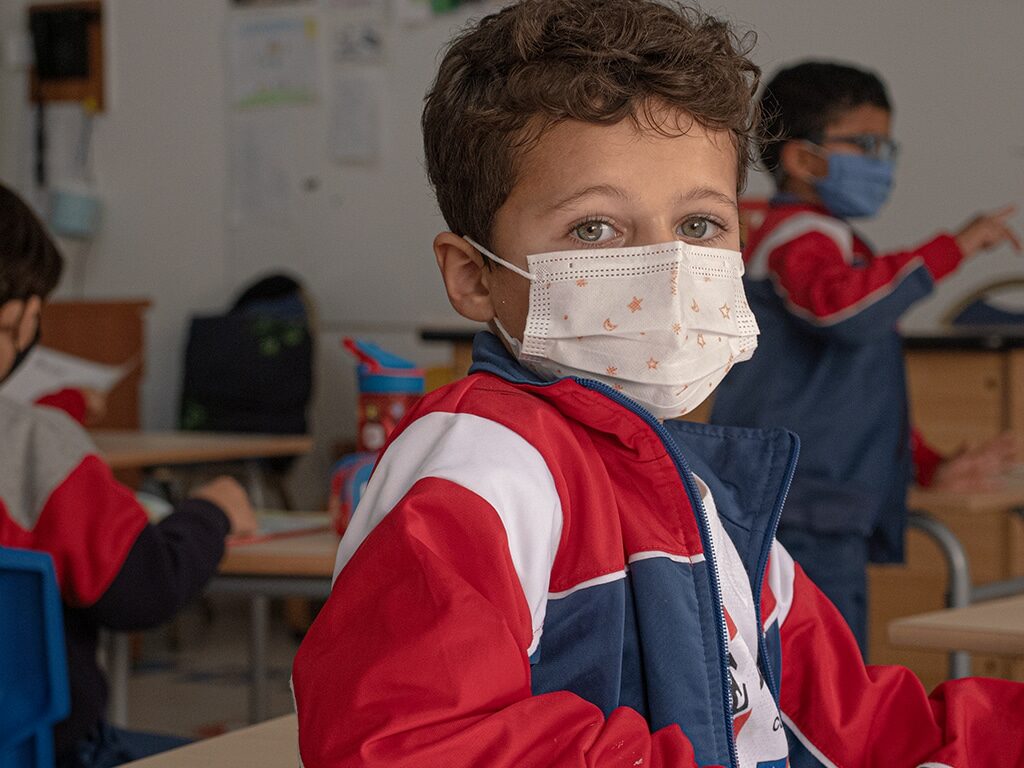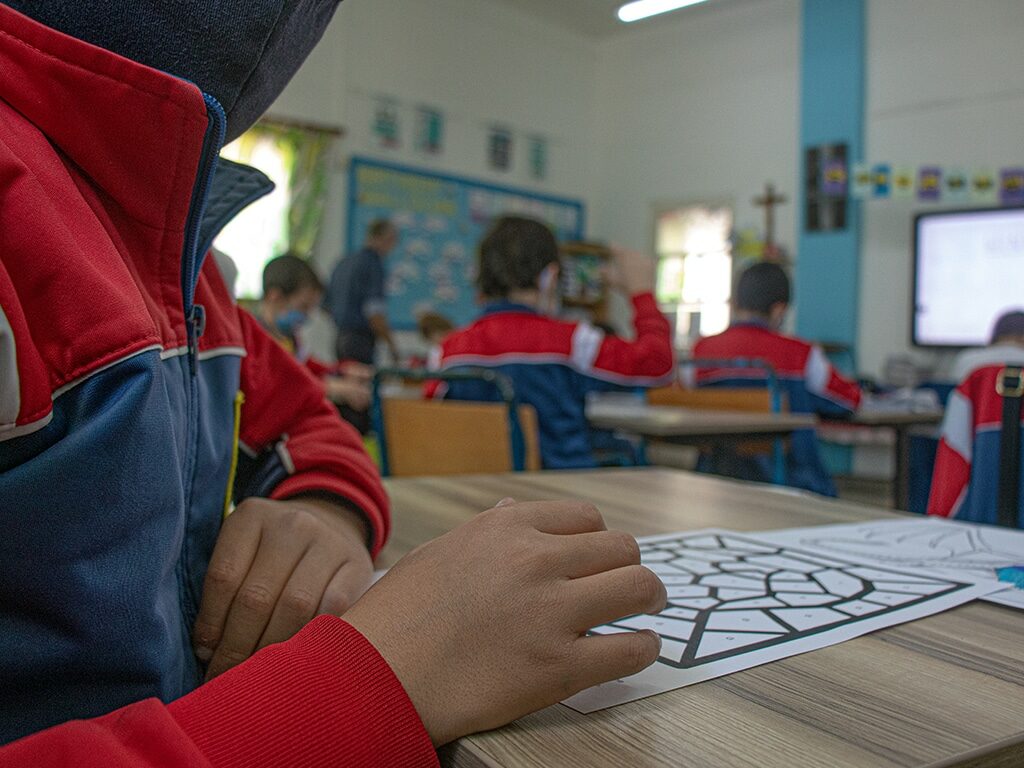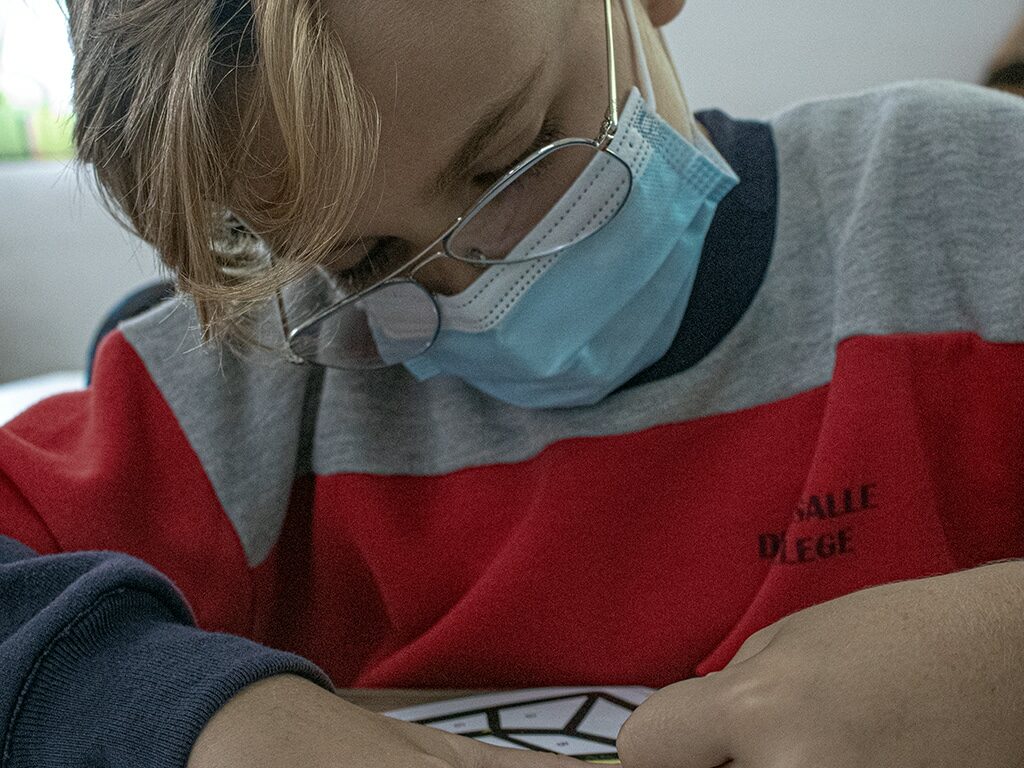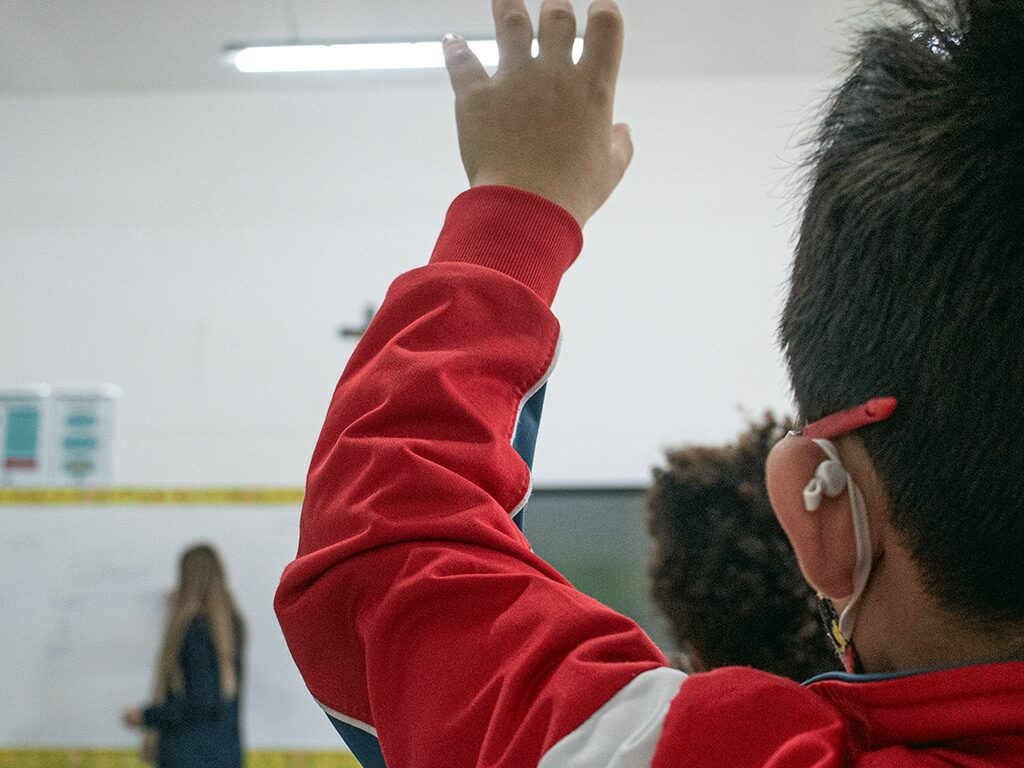
De La Salle College
Junior School
Our Policies
Parents or guardians are asked to read the school policies carefully and ensure that they are followed. School policies not only keep the school in line with national directives but also help the school operate more effectively and efficiently.
If parents or guardians have any queries or require special exemptions they are to discuss the matter with the members of the Senior Leadership Team.

DE LA SALLE COLLEGE JUNIOR SCHOOL
School Policies General Introduction
From the earliest days of the Institute’s history, the Brothers of the Christian Schools adopted the practice of codifying procedures and rules of good practice. This did not just benefit the efficient conduct of the schools under their care, but also provided for continuity and the preservation of a rich heritage that has and continues to make the Lasallian hallmark a guarantee of quality education and care.
As Lasallian educators, we believe that De La Salle is a school where you can develop into a whole person. It is a school where you acquire sound Christian principles – but it is also an educational institution where you are coached to become a competent person.
It is also generally acknowledged that one of the most prominent characteristics of De La Salle Junior School is that it is a HAPPY school – our policies aim at keeping the high standards which parents and students have come to expect out of De La Salle whilst guaranteeing a context where our stakeholders feel safe and comfortable with what is happening around them.
Policies are not cast in stone; they are a live organism which evolves and changes to remain in synch with the changing times. That is why we are firm in the belief that our policies are a continues work in progress that will hopefully help to make the school experience a positive one for all our stakeholders.
DE LA SALLE COLLEGE JUNIOR SCHOOL
Assessment
Assessment ‘makes an essential contribution to learning and progress at all levels’ (NCF, 2012).
Our Assessment Policy promotes a pedagogy that is student-centred, inquiry based, and integrated with cross curricular themes. At De La Salle, assessment provides for the testing of skills rather than the mere regurgitation of facts learnt by rote. We promote a mentality that success goes beyond getting good grades in an exam and that feedback from home and class-based tasks are also a very important means of assessment.
The general standards of assessment exercises and examinations are based on the general Learning Outcomes Framework of the NCF. Care is taken that Assessment is closely linked to the Schemes of Work. However, allowance is made for the setting of exercises which test the students’ abilities as independent thinkers and learners.


DE LA SALLE COLLEGE JUNIOR SCHOOL
Behaviour
‘The correction of students is one of the most important tasks to be done in schools.’ St. John Baptist de La Salle

Our Founder rightly believed that the greatest care must be taken to make correction timely and beneficial, both for those who receive it and those who witness it. He also emphasised that in our relationship with the children we must be both firm and gentle at the same time.
It is in this spirit that this code of behaviour and correction has been drawn up. We encourage all our stakeholders to know their obligations well and to follow the school’s regulations, not just to achieve good order, but also to help us keep De La Salle College a HAPPY and SAFE school.
DE LA SALLE COLLEGE JUNIOR SCHOOL
Inclusion
In the 16th century, St John Baptist de La Salle possessed a unique vision of education which for the first time in European history knocked down the traditional barriers of class and financial means for access to education. At De La Salle College Junior School, we continue providing an education which aims at making ALL our children good and responsible citizens, geared towards the acquisition of skills and competences.
De La Salle College has been a pioneer in the modern field of inclusion of children with different needs in the mainstream. In fact, way back in the late 1990s, De La Salle Junior School was the first school in Malta to start operating a system which ‘facilitated’ the inclusion of children in a mixed ability setting.
The Inclusion dream has evolved and adapted itself to the needs of the times and we are indeed very happy that the Founder’s dream has become the norm and a reality in the life of a modern nation.
